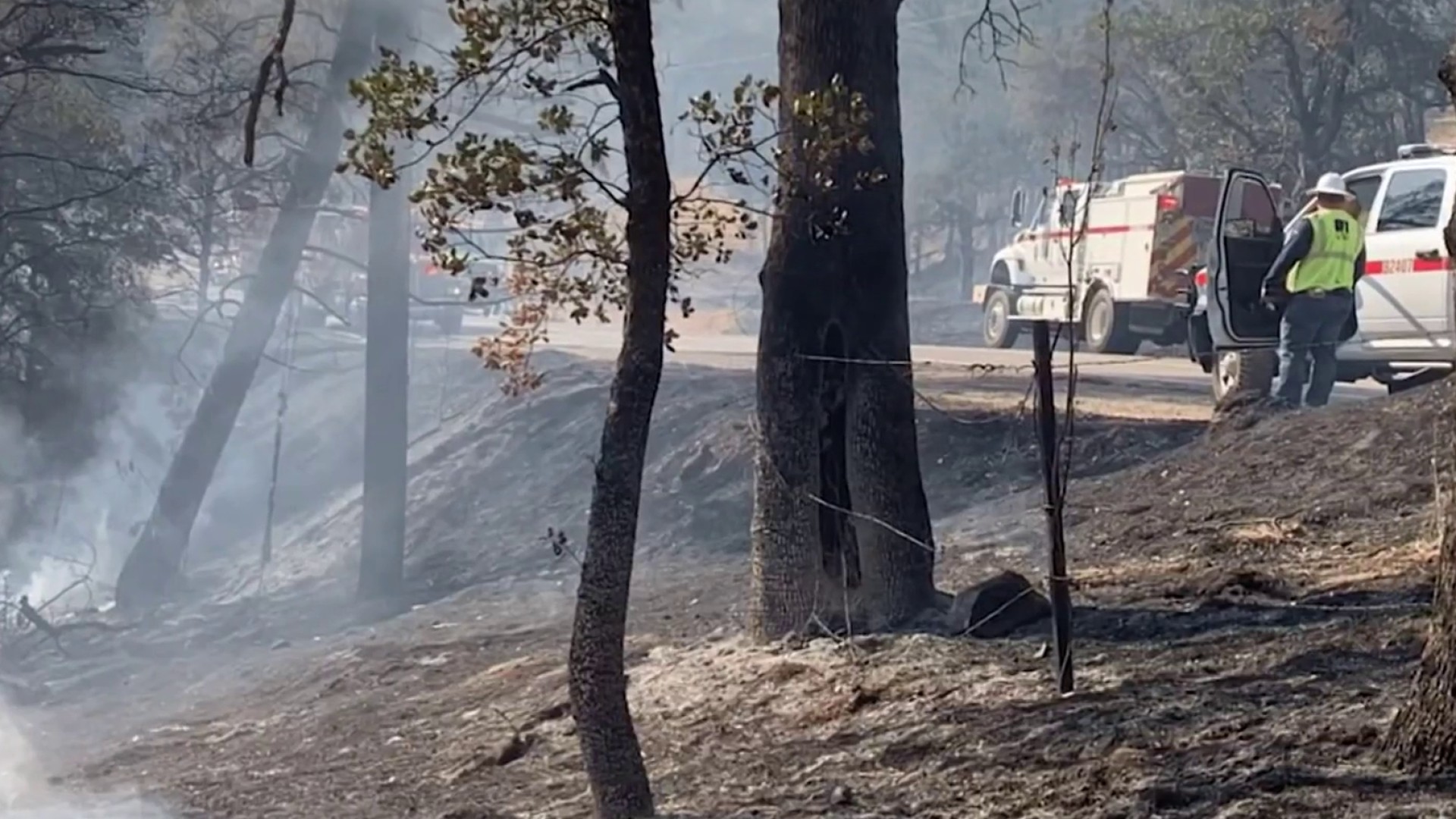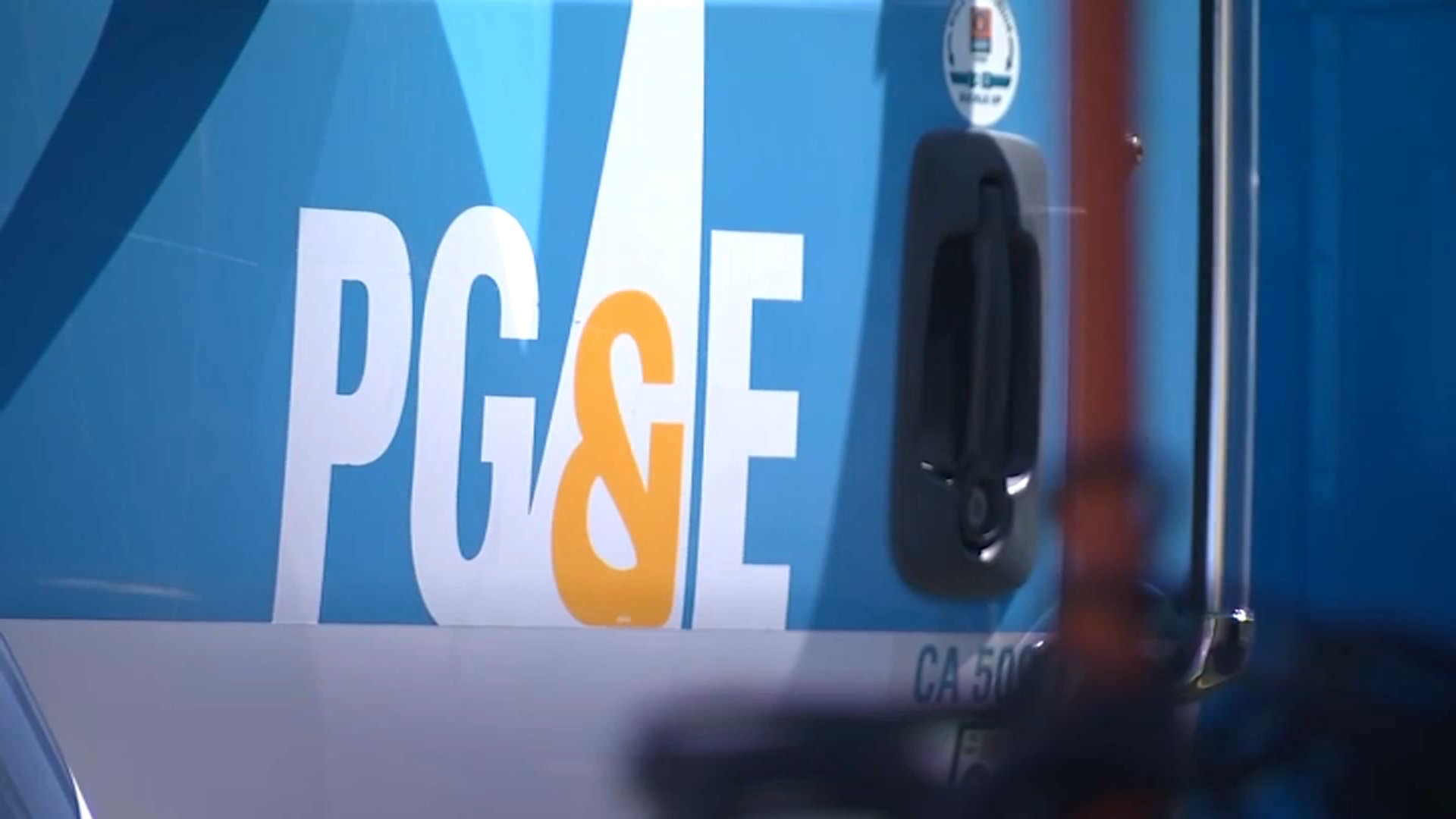With PG&E seeking to extend the life of the Diablo Canyon nuclear plant another 20 years, a state legislator and a long-time pro-nuclear scientist are calling for PG&E to conduct key testing. Those tests are meant to assure at-risk welds, in one of its reactors, have not become too brittle due to long-term exposure to radiation.
The welds used to construct the pressure vessel at Unit One, one of the plant’s two reactors, date back in the 1970s. Not long after Unit One was finished, however, regulators recognized that its welds had impurities that could make them brittle with long term exposure to radiation.
The concern with brittle welds is that they could crack just from the shock of cold water being pumped into the reactor. Cold water would be pumped into those reactors in an emergency - to avoid a meltdown.
“You set up thermal stresses,” said UC Berkeley nuclear engineering professor Digby Macdonald, that can lead to that start of a crack. “Then the crack will propagate and then you can burst the vessel.” He said a reactor pressure vessel “is the one component that does not have redundancy.”
Get a weekly recap of the latest San Francisco Bay Area housing news. Sign up for NBC Bay Area’s Housing Deconstructed newsletter.
Macdonald, a longtime nuclear industry advocate, recently co-wrote a damning report on Unit One for the anti-nuclear group, Mothers for Peace. He concluded that while regulators required PG&E to install samples of welded material inside the plant, the effort has faced challenges from the start.
“I think there's a lot of a lot of problematic issues in this whole testing program,” he said. He noted that while federal regulators wanted five welded samples to be inserted - to monitor the pace of embrittlement - the utility only installed three.
PG&E removed and tested all of those three weld samples more than 20 years ago. The initial findings suggested the welds could become too brittle by 2021. But, PG&E later declared the results “not credible” due to test process irregularities.
The utility has since decided to rely on general data from other nuclear plants instead. That strategy is risky, Macdonald says, because each plant is unique.
“Without plant specific data, we are allowing the reactor to continue operating,” Macdonald says, and that poses “an unnecessary risk.”
“This is a very important issue,” said state Sen. John Laird.
His district includes the plant and he's sought to keep Diablo open longer to help overcome climate change issues. Since the plant got a new lease on life, he and Macdonald have separately called for more tests to assure Unit One is safe.
“PG&E believes that they have really gone through this in a way that the public safety is protected -- we just want to make sure that that's true,” Laird said in a recent interview.
Laird first called for PG&E to take out and test a steel sample still in the plant.
But the utility has said it has tried unsuccessfully since 2010 to get that remaining sample out. It tried again this summer, it says, but the five-pound plug that has to be removed to retrieve the sample is stuck. It hopes to try again in 2025.
Laird then urged PG&E to use new technology to retest the welds on the three weld samples its crews took out back in 2002.
The utility said in statement that the new method Laird, and others, have sought has not been authorized by regulators and would “deviate from the standard safety review process.’’ Also saying such testing is unnecessary because Diablo currently ranks among the “top performing plants in the nation.”
Despite that, industry veteran Macdonald insists that retesting is the only way to show Unit One can continue to operate safely.
“I'm not an anti-nuclear person at all. I'm very pro-nuclear. But I insist that people who are going to operate nuclear reactors to do it safely.”



